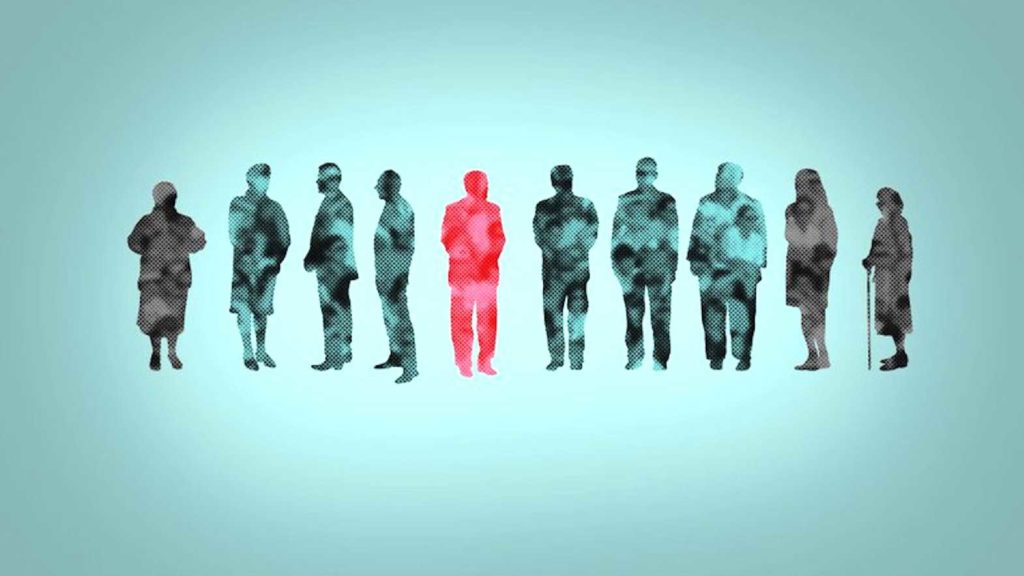What is herd immunity and could it work with Covid-19?

PETER HAMLIN/AP
Herd immunity is when a virus can no longer spread easily because enough people are immune to it. That lowers the chances of the virus jumping from person to person and reaching those who haven’t been infected yet.
People can become immune to certain viruses after surviving infection or being vaccinated. Typically, at least 70% of a population must be immune to achieve herd immunity. But how long immunity lasts varies depending on the virus, and it’s not yet known how long Covid-19 survivors might have that protection.
How easily the virus spreads also plays a key role.
Say, for example, someone who’s infected with a particular virus typically transmits it to two others. The chances of that person passing it on to others would be lower if half the population is already immune, said Dr. Walter Orenstein, a vaccine expert at Emory University.
The odds of transmission fall further if even more of the population is immune. That could cause new infections to die out.
But if a virus is more infectious, a higher percentage of people would need to have immunity to stop the spread and achieve herd immunity, Orenstein said.
Want stories like this delivered straight to your inbox? Stay informed. Stay ahead. Subscribe to InqMORNING

